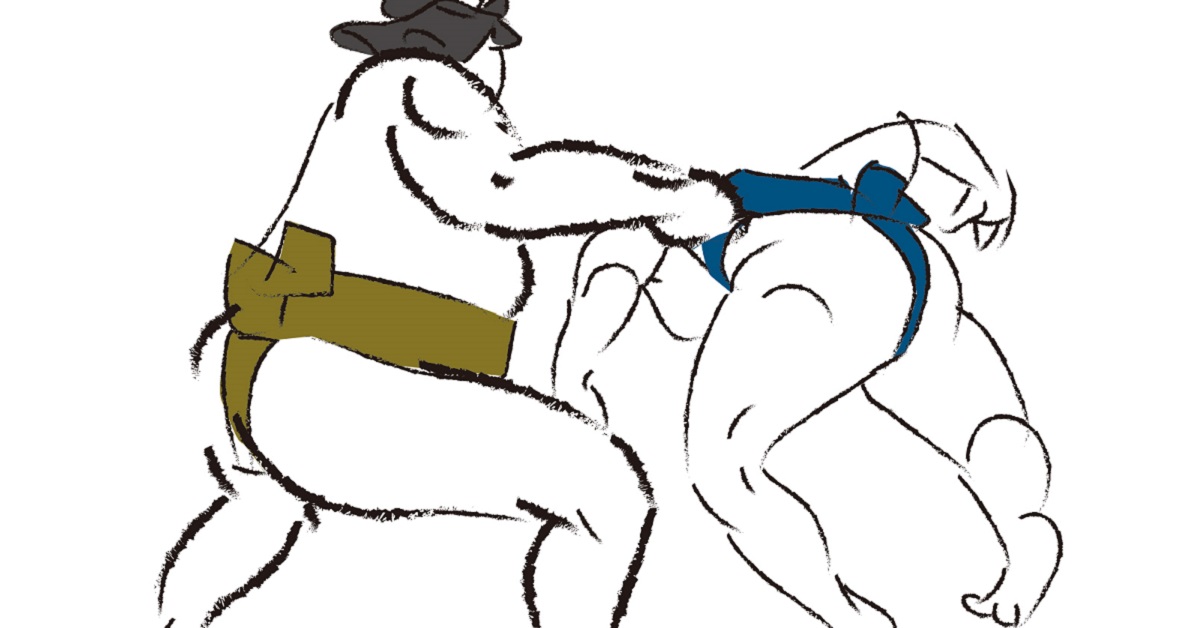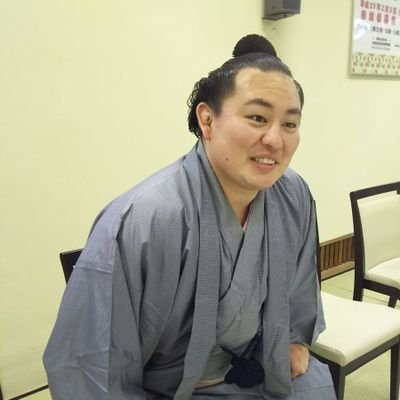The expression “Shonichi o Dasu” is often heard in sumo, and it means achieving the first Shiroboshi (victory) in a tournament. This single win is crucial both for the wrestlers and for their supporters, making it an essential phrase to understand when learning about sumo.
The Meaning of “Shonichi o Dasu”
“Shonichi o Dasu” refers to the moment when a wrestler earns their first victory in a honbasho (official tournament). It does not mean winning the very first match, but rather the first Shiroboshi achieved during the 15-day tournament.
Key Sumo Terminology
| Term | Meaning |
|---|---|
| Shonichi | The first victory in a tournament |
| Shiroboshi | A win |
| Kuroboshi | A loss |
| Shonichi o Dasu | To secure the first win |
Although mainly used in sumo, this phrase is also used in daily life to mean “achieving the first result” in any new endeavor.
Why the First Win Matters
In sumo, a single win carries great weight. The first victory brings mental stability and strongly influences the flow of the remaining matches.
- Mental Stability
Securing the first win eases pressure and helps a wrestler perform more confidently. - Reassurance for Fans
Supporters and sponsors wish for “at least the first win,” and feel relief when it happens. - Impact on Performance
Earning an early Shiroboshi allows wrestlers to approach later bouts with composure.
The Impact of the First Win
| Situation | With Shonichi | Without Shonichi |
|---|---|---|
| Mental State | Confidence and calmness | Anxiety and frustration |
| Supporters | Can cheer with ease | Worry and unease grow |
| Match Flow | Easier to gain momentum | More difficult battles ahead |
Easy Explanation for Beginners and Foreigners
The phrase does not translate literally. In English, it can be explained as “to get the first win in a tournament.” In other words, it means “achieving the first victory of the event.”
If compared to other sports, it is similar to a baseball team winning their opening game or a soccer club getting their first league win. In any sport, the first victory holds special meaning, and this perspective makes the phrase easier to grasp for those unfamiliar with sumo.
Everyday Usage
“Shonichi o Dasu” is not limited to sumo. It is also used metaphorically in work, sports, and personal achievements.
Examples in Daily Life and Business
| Scene | Example |
|---|---|
| Work | “We managed to Shonichi o Dasu in our new project.” |
| Sports | “The soccer team finally Shonichi o Dasu in the season.” |
| Hobbies / Challenges | “I Shonichi o Dasu in my cooking class.” |
This shows how a phrase born in sumo has spread into everyday Japanese language.
The Cultural Weight of Shonichi in Sumo
Sumo is not just about wins and losses, but about tradition and mental strength. Thus, the first victory has symbolic significance.
- For Young Wrestlers
It builds confidence and becomes the first step toward rising in rank. - For Higher-Ranked Wrestlers
Even Yokozuna or Ozeki feel the pressure. A Kuroboshi on the first day draws major attention, while a Shiroboshi reassures fans. - For Fans and Supporters
Whether their wrestler has achieved Shonichi quickly becomes a key talking point in venues and media.
Different Meanings of Shonichi by Rank
| Rank | Meaning of the First Win |
|---|---|
| Young Wrestlers | A confidence boost and motivation |
| Mid-Rank Wrestlers | Laying the foundation for a winning record |
| Yokozuna / Ozeki | Proof of stability and reassurance |
When the First Win Doesn’t Come
Failing to achieve Shonichi quickly creates heavy pressure. After several losses, commentary and headlines often highlight “still no Shonichi.” This not only affects the wrestler but also fans and supporters.
However, when a wrestler finally earns that long-awaited Shiroboshi, it can be more emotional than a routine win. The audience often erupts in applause, acknowledging the perseverance. In these cases, a delayed Shonichi can carry more value than an ordinary victory.
Conclusion
“Shonichi o Dasu” means securing the first Shiroboshi in a sumo tournament. This single win brings mental stability, sets the tone for the rest of the competition, and reassures fans. For beginners and foreigners, explaining it simply as “the first victory” makes it easy to understand. Beyond sumo, it has also become a common metaphor in daily life and business, symbolizing the first success in any challenge.
By knowing the background and weight of this phrase, spectators can enjoy sumo on a deeper level. Understanding the importance of one win reveals the richness of sumo as a cultural tradition.





コメント